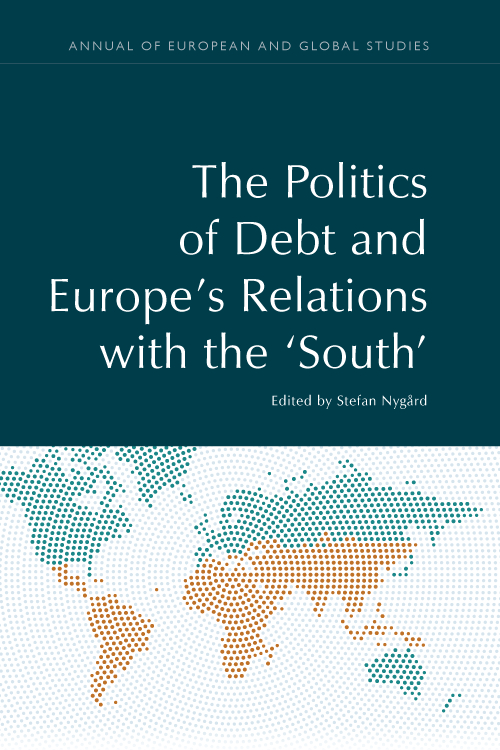
Even before COVID-19, unprecedented levels of public and private borrowing placed debt at the centre of academic and public debates. If access to credit at this stage of the pandemic is crucial for keeping alive economies across the globe, the health crisis has further exacerbated our reliance on borrowing. Massive efforts are expected of states and central banks to support not only individual financial institutions but the financial system as a whole.
Past and present, North and South
Looking ahead, we can anticipate difficult discussions about the conditions for repayment of debts accrued under such extraordinary circumstances. At the centre of these debates, we can expect to find an understanding of debt that combines economic duty and moral blame, echoing the way in which debt has been discussed throughout history. Debts incurred in the past will possibly be drawn upon to influence behaviour in the present, which is how debts tend to be mobilised politically. Furthermore, as future vaccines are unevenly distributed between countries and world regions, we can anticipate some of these struggles to be carried out along a North-South divide, between creditor countries in what has come to be known as the Global North and debtor countries in the Global South – categories that are no doubt social as much as they are spatial.
As two major forms of global crisis in the twenty-first century, debt and disease produce strikingly similar social effects. Just as the debt crisis that became endemic in the Global North since 2007 and 2008 (much earlier in the Global South), the pandemic has quickly introduced new social fractures – and reinforced old ones – in countries across the globe. Likewise, both debt and disease have led to an increased focus on state power, either through the kinds of biopolitical responses required by the pandemic or through the public backing of the financial system required by the debt crisis. On another level, the crises of debt and disease have exposed the fragility of the social contract, the idea that we as citizens willingly sacrifice certain freedoms in exchange for the security and protection provided by the state vis-à-vis external threats such as war, natural and economic disasters or pandemics.
The two faces of debt and disease
But there is perhaps a deeper connection as well. Debt paradoxically serves to both unite and divide individuals within societies or countries in the international system. Social bonds are created between people and collectives indebted to each other, but debt also creates oppression and division by deepening the inherent power asymmetries of such relations, which are sustained by the blurred economic and moral connotations of the concept of debt (in some languages the word debt, e.g. Schuld in German, combines debt and guilt). We can detect a similar paradox at the heart of epidemics as social phenomena. Disease thus performs the same dual social function of uniting and dividing societies, internally and internationally.
The very notion of ‘contagion’ underlines interdependence and connectedness between individuals and societies facing a common threat. But growing interdependence, trade and travel also facilitate the spread of disease, leading to mistrust, enforced border-controls and quarantines. Insofar as epidemics and debt crises are transformative social events, the great political challenge is to direct attention toward their potentially more benign effects and avoid their deterioration into domination and oppression, in the context of debt, fear and isolation in the context of disease.
About the author
Stefan Nygård is a Senior Researcher in History at the University of Helsinki and editor of The Politics of Debt and Europe’s Relations with the ‘South’ (Annual of European and Global Studies 7, Edinburgh University Press 2020). The book takes a critical look at the nature of debt as a social force and a key locus of social conflict as well as the uses of debts incurred in the past for political purposes in the present. It does so especially in relation to different understandings of debts between ‘South’ and ‘North’ – within individual countries, regions and globally.





